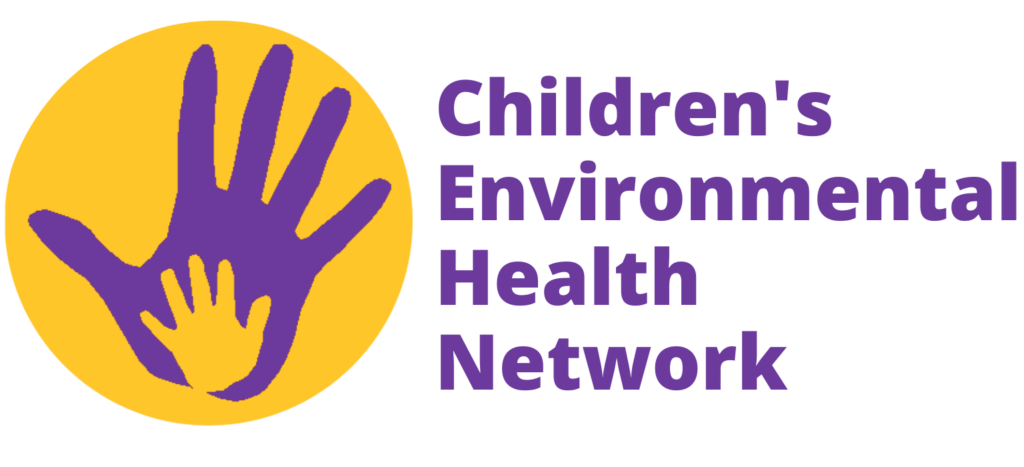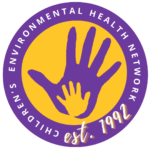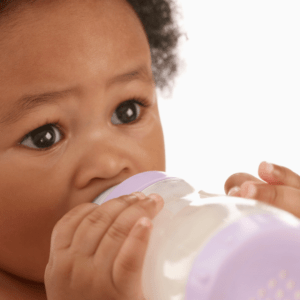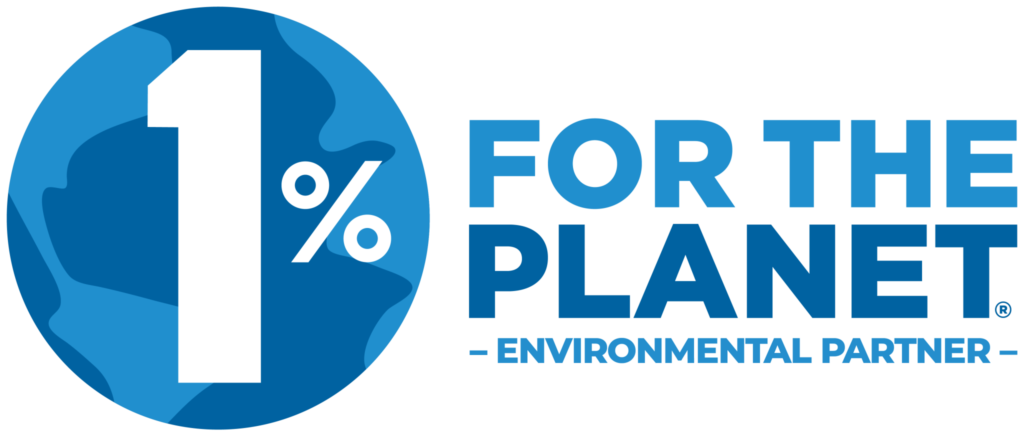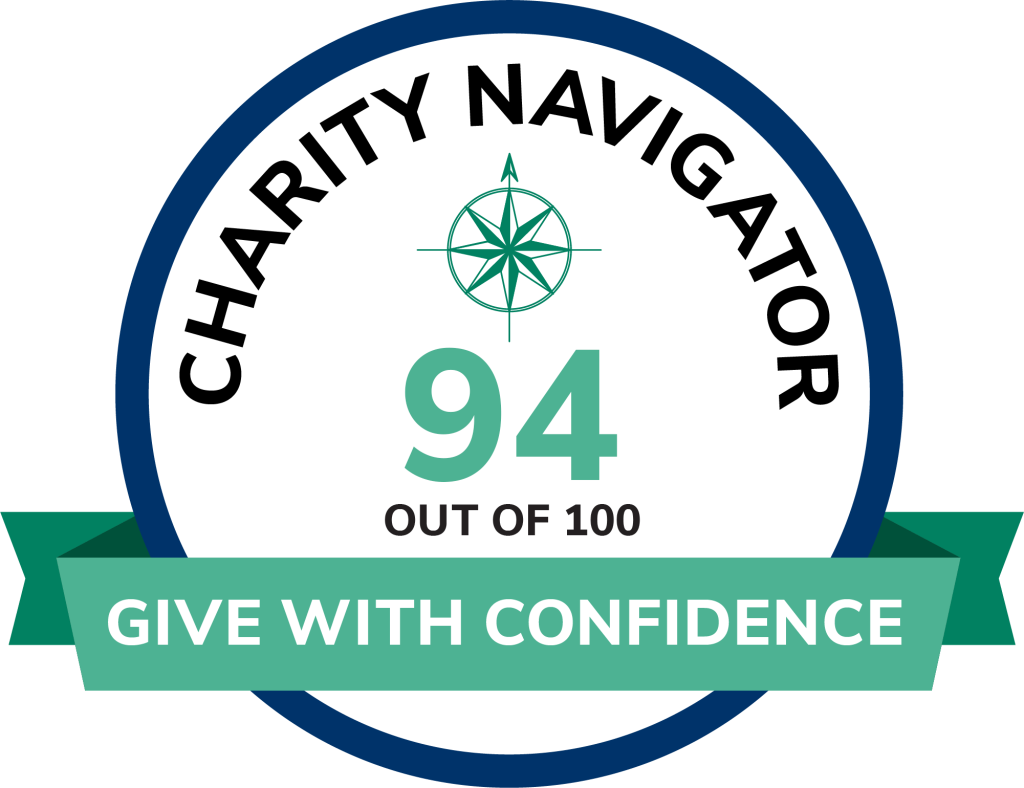Behind the Scenes: How Partnerships Elevate the Impactfulness of Our Work
By Hester Paul, National Director, Eco-Healthy Child Care®
We are a small national non-profit organization dedicated to protecting the environmental health of all children. The world of child care is enormous and nebulous. Each county or state has its own playbook on how to regulate and license local child care programs. To make things more challenging, there are many types of child care or early care and learning environments in every county and state, including: center-based child care, home-based child care, Head Start facilities and Early Head Start programs for example. In order to influence and make change, the Eco-Healthy Child Care® program must be strategic and collaborative. We greatly value our partners.
Working with groups that are a part of or represent our most vulnerable communities–children, communities of color and low-income communities–is key to ensuring the solutions we craft are equitable, address the root causes of problems and can reach our intended audience.
In May of this year, for the first time ever, Eco-Healthy Child Care® presented a portion of our environmental health curriculum to child care professionals on a webinar hosted by the National Center on Early Childhood Health and Wellness. The Center targets child care programs serving high-risk, low-income children from birth to age 5, as well as pregnant women. We hope to build on this collaboration to eventually strengthen environmental health best practices within Head Start and Early Head Start child care guidelines.
We have partnered with the Pediatric Environmental Health Specialty Unit for Region Two to bring our 5 hour train-the-trainer course to Head Start and Early Head Start facilities in Puerto Rico. The Eco-Healthy Child Care® training curriculum comprehensively covers environmental health hazards commonly found within and around child care settings. To date the training has been provided in 33 states. Evaluations collected indicate that 86% of participants feel that our training was “extremely effective” at equipping them to become successful environmental health advocates.
Embedding our science-based best practices into national child care standards and their respective systems is a strategic way to integrate environmental health considerations for the long term. In 2016, we collaborated with the National Association for the Education of Young Children, a national accreditation body for center-based child care professionals that has over 80,000 members, to update their Early Childhood Program Standards and Accreditation Criteria to include more comprehensive best practices in environmental health. At the completion of this project, 31 new indicators focused on environmental health were generated and released.
Working with governmental agencies allows us to engage with a wide variety of stakeholders. To encourage more states to consider, develop and adopt best practices for preventing potential exposures to environmental hazards at early learning settings, the Agency for Toxic Substances and Disease Registry, a branch of the Centers for Disease Control and Prevention, developed the Choose Safe Places for Early Care and Education program. The program’s goal is to ensure child care facilities are located in safe locations – away from sites with environmental contamination or polluting industries (such as: nail salons, gas stations, funeral homes and drycleaners). In 2017, in partnership with the Environmental Law Institute and the National Association of County and City Health Officials EHCC began providing capacity building support to 25 state health departments as they create and implement safe siting programs in their respective states.
Child care systems are always looking for strategies to incentivize best practices in care. Quality Rating Improvement Systems (QRIS) are offered in each state; they provide a non-regulatory framework for building and maintaining high quality early care and education programs. In August 2015, Maryland incorporated the Eco-Healthy Child Care® program into their state QRIS, Maryland EXCELS, by offering an Eco-Friendly Achievement Program “Eco-Friendly” badge for licensed child care facilities.
Are you looking to get involved in our eco-healthy work? Sign-up to receive monthly eco-hot tip emails. If you are a child care provider, apply to become an eco-healthy endorsed facility!
